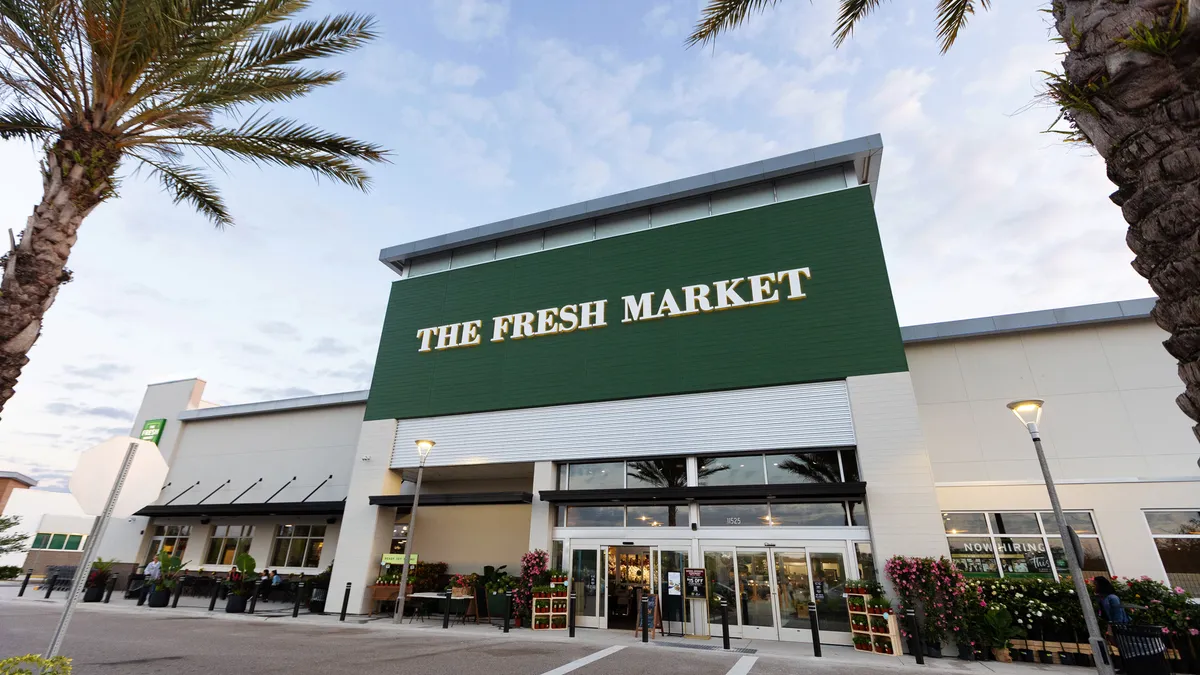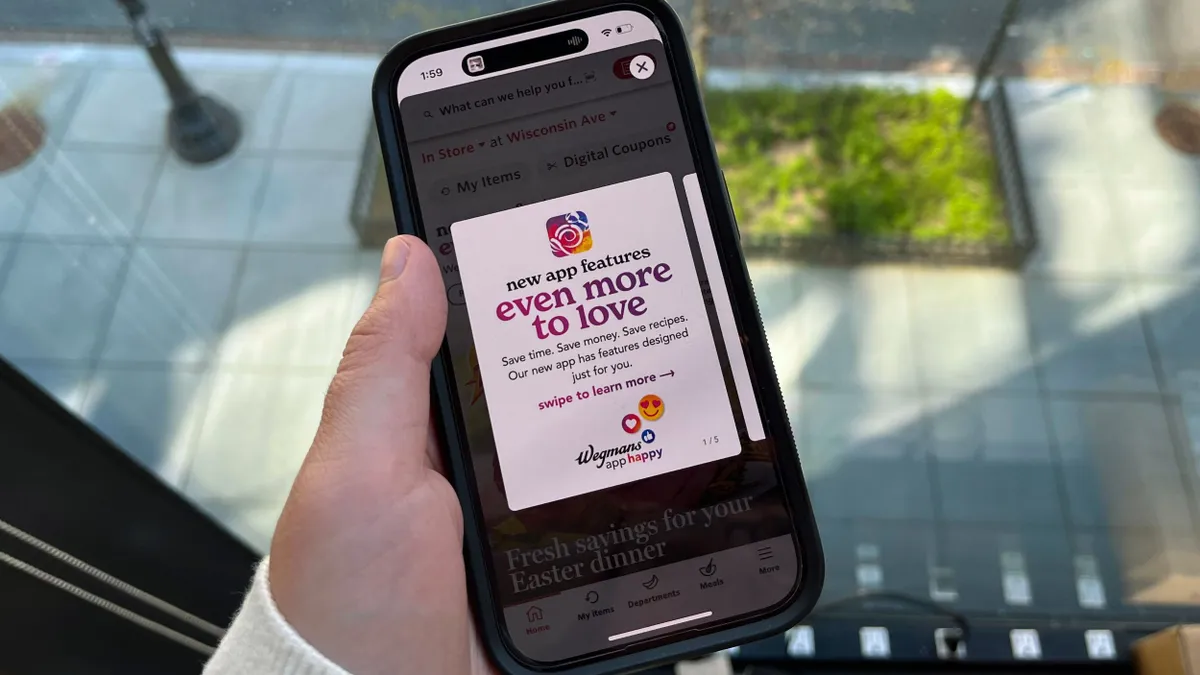Dive Brief:
- Private label brands are now rivaling name brands on both quality and price, with an annual growth rate of 1.7% during the past four years, according to a recent article in Own Brands Now. Roughly 74% of U.S. consumers report store brands are a perfectly good alternative to name brands.
- Consumers in both higher- and lower-income households have varied views on private label products. About 11% of U.S. consumers in households that earn more than $100,000 per year believe store brands are of a lesser value and are meant for shoppers on a tight budget. By contrast, close to 21% of consumers that make less than $20,000 per year agree.
- There also is an opportunity for growth within various ethnicity groups that are less comfortable with store brands, and therefore avoid them. “Compared with the overall U.S. population, for example, African-Americans, Asian-Americans and Hispanics are more likely to avoid store brands (24%, 82% and 25% more, respectively,)” said Chris Morley, president, FMCG and retail, Nielsen.
Dive Insight:
Private label brands are losing their generic image, and replacing it with one of value.
Consumers who normally bought name brands started trying out private label alternatives during the recession, and when incomes bounced back, many of those shoppers continued to buy store brands — finding they rivaled their competitors in quality and beat them on price. According to the Private Label Manufacturers Association, shoppers save $30 billion annually by choosing store brands.
The shift in consumer perceptions of private label brands is helping retailers. Kantar Retail's grocery analysts have predicted private label growth between now and 2022 will outpace the previous five years.
When it comes to “premium” private label brands, consumers are willing to pay a little more to get a product that more closely aligns with their demands. This can include exotic flavors and ingredients, which have proven to be part of a successful private label strategy for Trader Joe's, especially when it comes to millennial shoppers.
Both Kroger and Southeastern Grocers have invested heavily in their private label brands in recent years. Southeastern Grocers actually introduced a three-tiered lineup of store brands ranging from economy to premium. As grocers move forward with these products, they could appeal to higher-income consumers by keeping ingredient labels clean and short, and highlighting qualities such as organic, non-GMO and low sugar. It also would be wise for grocers to familiarize multi-cultural consumers with their store brands, as this demographic appears to show a great deal of growth potential for private label products.
Looking ahead, millennials will be a strong driving force in store brand sales, as this demographic doesn’t have the same established name brand loyalties of older generations. Retailers and private brand manufacturers could consider embracing social media as a way to further connect with these younger consumers. Still, grocers should look for opportunities to better market their store brands across demographics, and develop targeted strategies for luring consumers who are least likely to seek out private label products.









